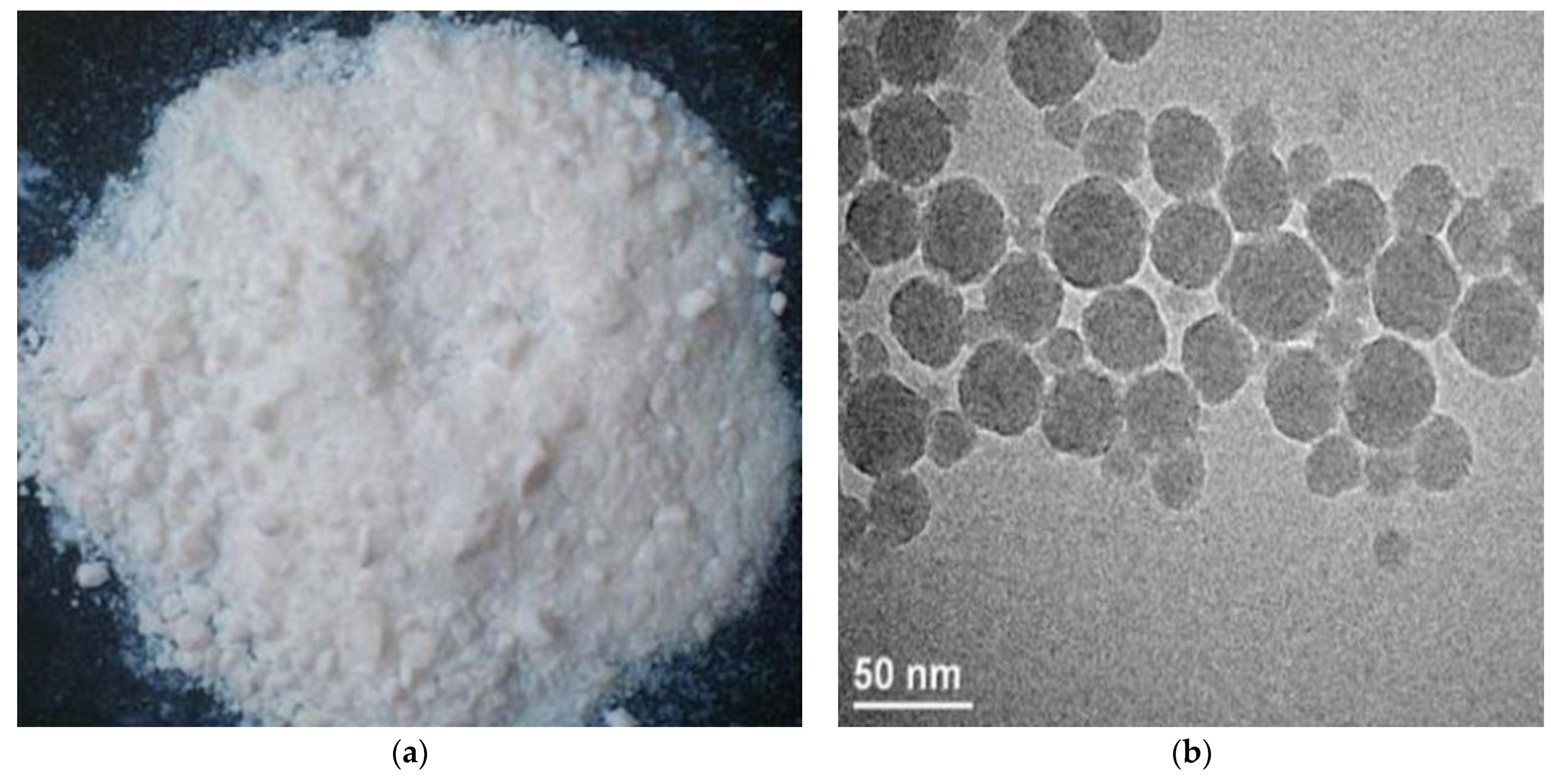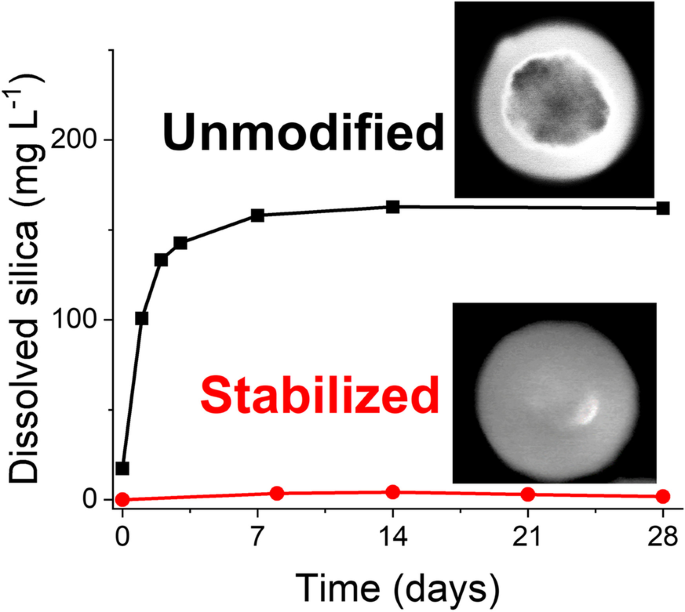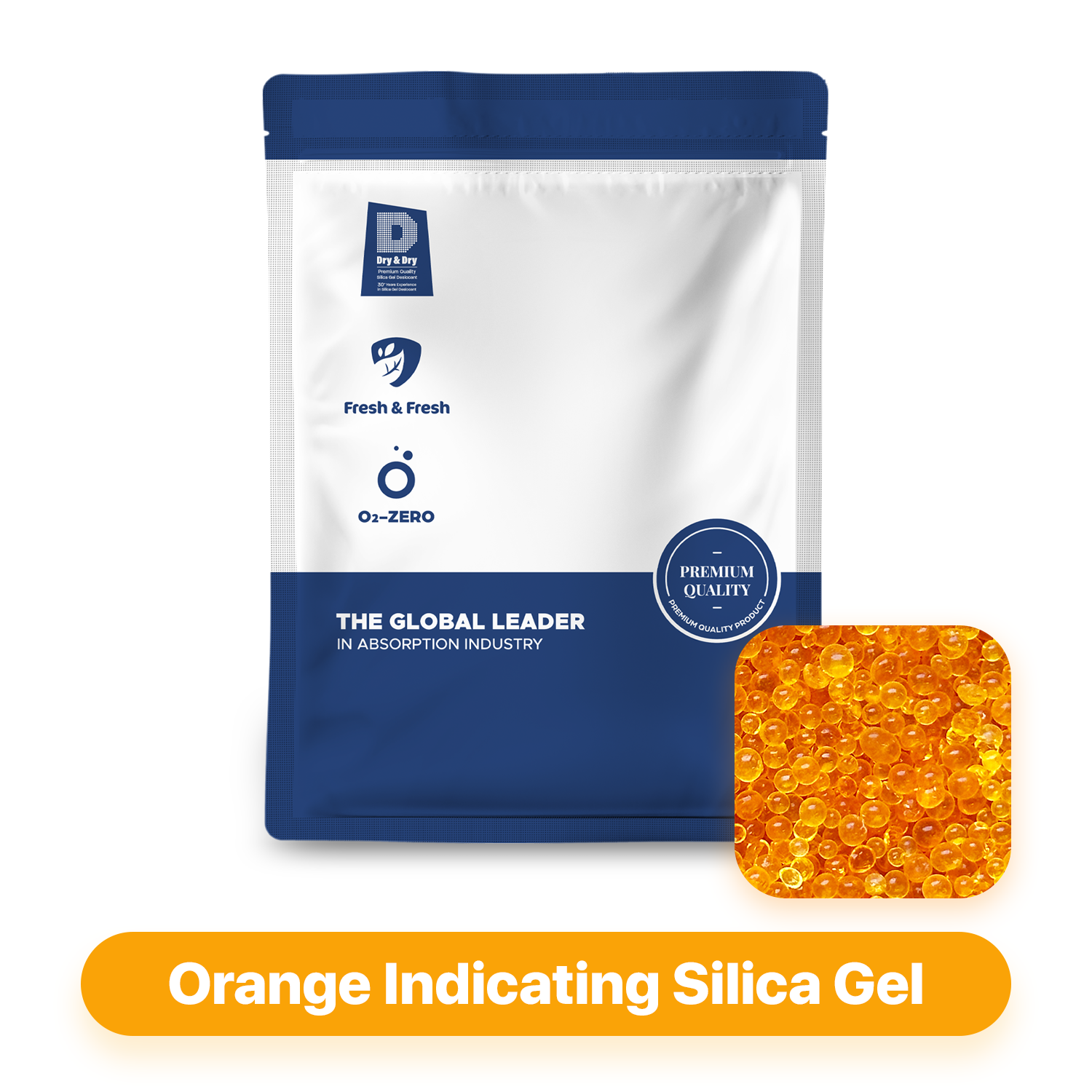Study finds silica particles chemically react
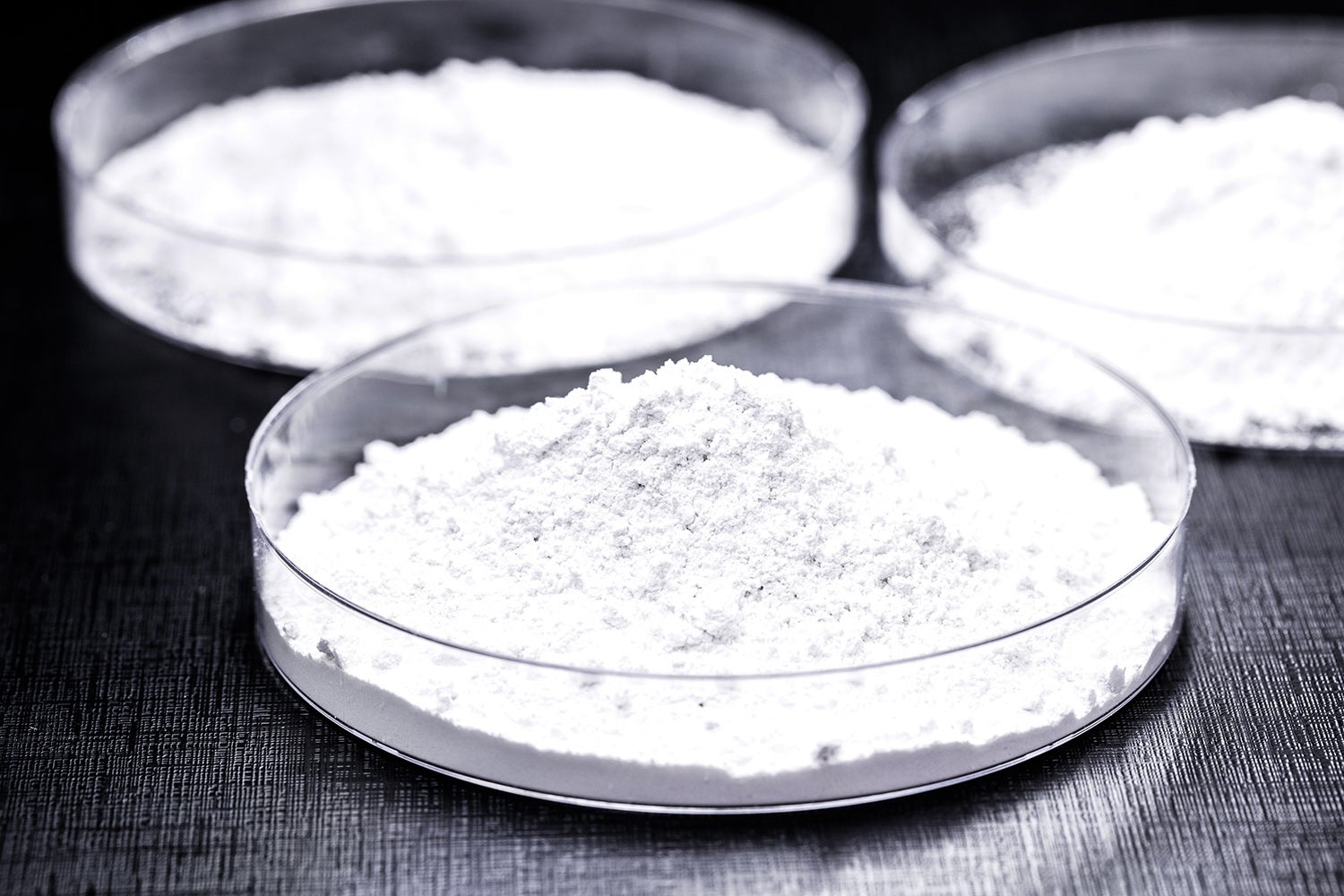
Considered inert and deemed safe for consumption by the Food and Drug Administration, silica has been shown to react with key biomolecules, potentially degrading their function.

TEMPO-functionalized mesoporous silica particles as heterogeneous oxidation catalysts in flow - Journal of Materials Chemistry A (RSC Publishing) DOI:10.1039/C9TA12416K

Synthesis of disordered mesoporous silica loaded with ultrasmall-sized CuO nanoparticles based on an alkali-free strategy and its excellent catalytic - RSC Advances (RSC Publishing) DOI:10.1039/D2RA05199K

Silica particles convert thiol-containing molecules to disulfides

PDF) Infrared spectroscopy of spherical micromesoporous silica particles at formation and functionalization stages
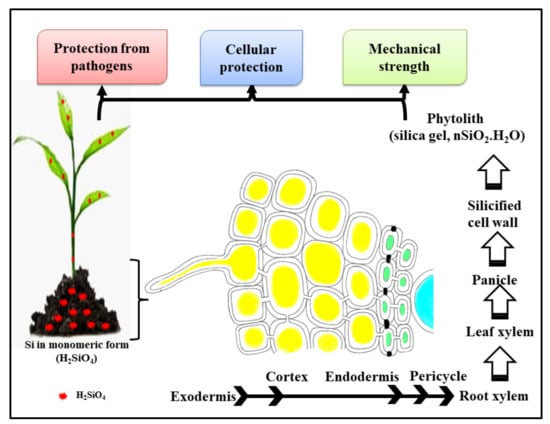
Biology, Free Full-Text

Study Finds Some Silica Particles Could Be Chemically Reactive

An Overview: PAH and Nitro-PAH Emission from the Stationary Sources and their Transformations in the Atmosphere - Aerosol and Air Quality Research
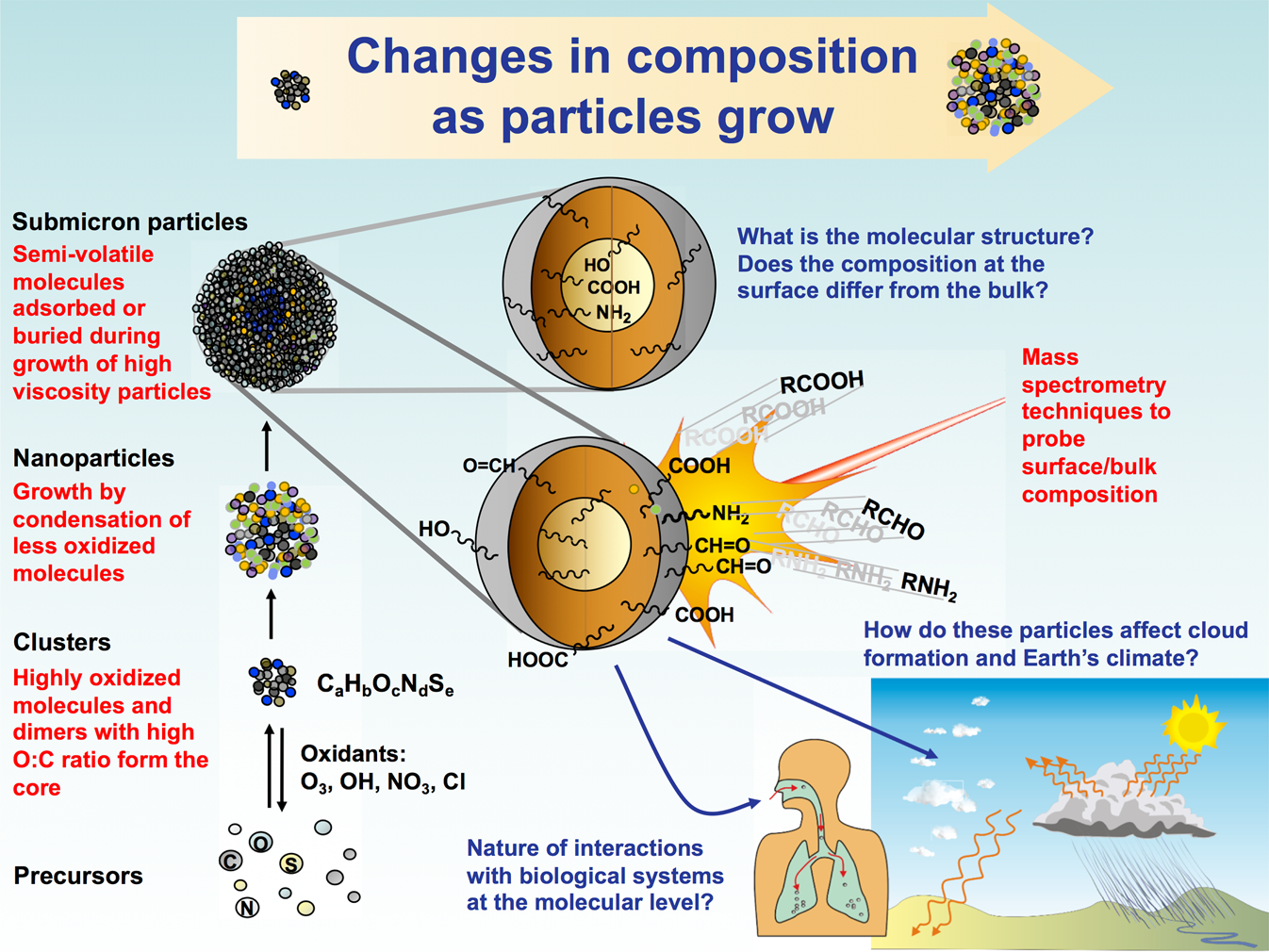
Open questions on the chemical composition of airborne particles

Hybrid gold-silica nanoparticles for plasmonic applications: A comparison study of synthesis methods for increasing gold coverage - ScienceDirect
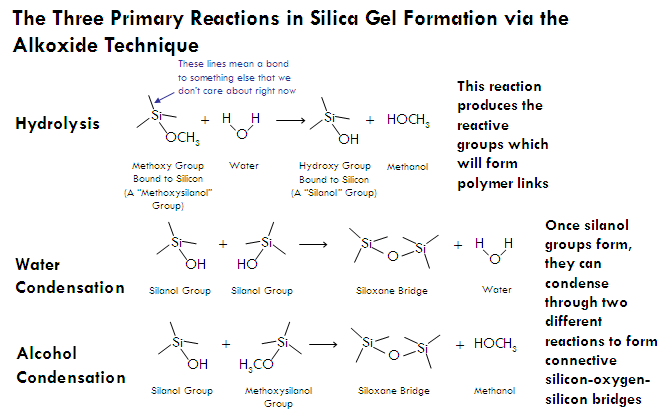
» Silica Aerogel

Silica particles found in food and makeup could be chemically reactive, study finds

Hybrid gold-silica nanoparticles for plasmonic applications: A comparison study of synthesis methods for increasing gold coverage - ScienceDirect
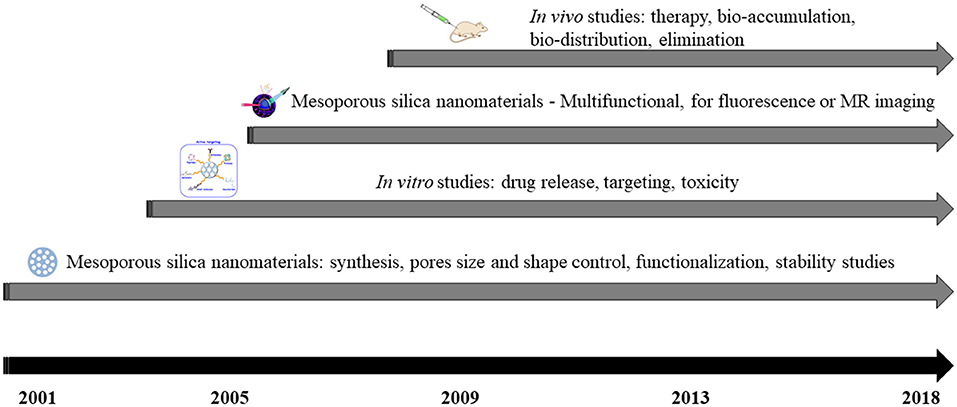
Frontiers Mesoporous Silica Nanoparticles for Bio-Applications

Silica particles convert thiol-containing molecules to disulfides






